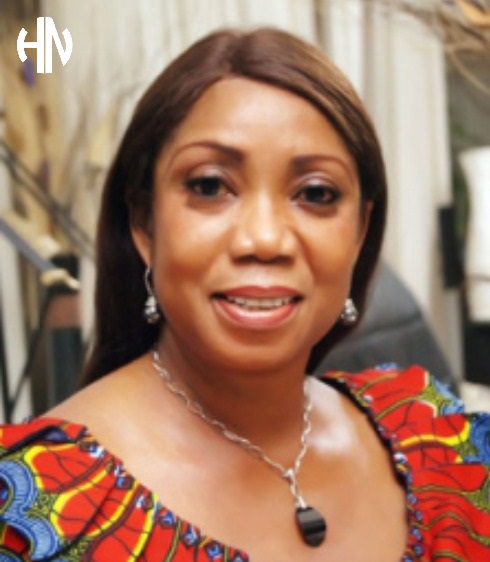HeadlineNews.News
October 8, 2025
139 Million Nigerians Still in Poverty — World Bank Sound Alarm on Reform Gap.
By Princess Gloria Adebajo-Fraser MFR.
The National Patriots.
Despite bold economic reforms under President Bola Tinubu, Nigeria now faces a cruel paradox: progress at the macro level, but stagnation at the humanitarian level. The World Bank’s latest Nigeria Development Update estimates that 139 million Nigerians live in poverty in 2025 — up sharply from 129 million earlier and far above the 87 million recorded in 2023.

Context & Performance
When Tinubu assumed office in May 2023, the economy was under severe pressure: declining growth, unsustainable fuel subsidies, a rigid foreign exchange regime, and ballooning fiscal deficits. Over two years, the administration has pressed ahead with sweeping reforms: subsidy removal, FX liberalization, revenue mobilization, and tighter fiscal discipline.
On the surface, some indicators show traction: Nigeria’s economy grew an estimated 3.9 % year-on-year in H1 2025, exports have gained momentum, foreign reserves have topped $42 billion, and public debt — previously rising — is projected to decline to 39.8 % of GDP.
These outcomes represent stabilization. But stabilization is not transformation. The World Bank warns that the reform gains are not yet reaching households — especially the poorest.
The Poverty Puzzle & Food Inflation
A core driver of the disconnect is food inflation. Poor households in Nigeria spend up to 70 % of their income on food, making them especially vulnerable to price surges. Since 2019, the cost of a basic food basket has increased fivefold, squeezing purchasing power even where income has nominally improved.

The World Bank points to three urgent policy levers:
1. Tackle trade barriers and supply chain inefficiencies to moderate food costs.
2. Improve fiscal transparency and public spending efficiency so that government funds deliver tangible benefits.
3. Scale up social safety nets and institutionalize cash transfers to shield the most vulnerable from shocks.
Mathew Verghis, World Bank Country Director, noted: “These are big achievements. But macro stability alone is not enough. The true measure is whether reforms improve daily lives.”
Comparative Lens: Where Nigeria Stands
To place Nigeria’s challenge in perspective:
In Ghana and Kenya, similar reform packages (FX unification, subsidy cuts, revenue reforms) were coupled with robust social welfare and agricultural support. Over time, they saw faster poverty reduction rates.
In contrast, in nations where reform came without cushioning, the poor bore the brunt until backlash reversed policy gains.
Nigeria’s scale magnifies the stakes: with a population exceeding 220 million, a failure to convert macro gains into poverty alleviation means tens of millions remain trapped.

What Nigerians Must See & Ask
Reforms can’t just be about indexes and balance sheets — they must deliver visible improvements in:
Access to affordable food, healthcare, education
Jobs in rural and non-oil sectors
Reliable cash support for vulnerable households
The public deserves accountability: policies must be judged by human impact, not just GDP numbers.
Conclusion
Tinubu’s reform agenda is necessary and, in some domains, showing signs of success. But the World Bank’s revelation — that 139 million Nigerians remain in poverty — is a powerful reminder: without deliberate, inclusive policies, high-level gains risk being hollow victories. For Nigerians to believe in reforms, they must see and feel them.
Princess Gloria Adebajo-Fraser MFR.
The National Patriots.
Governance Consultant.




